Meet the Yorkshire expert helping people deal with their embarrassing pets
Caroline Clark always wanted to work with animals.
Growing up in West Yorkshire she was surrounded by all manner of pets and her first Saturday job at the age of 16 was working at her local vets in Dewsbury.
So it was no surprise that she ended up pursuing a career as a veterinary nurse.
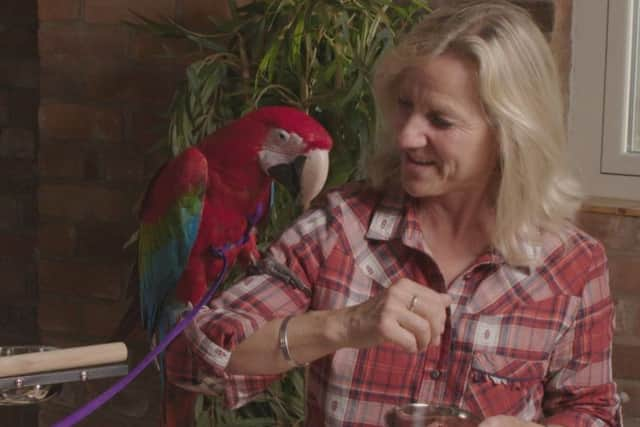

Advertisement
Hide AdAdvertisement
Hide AdHowever, Caroline became increasingly interested in the behaviour of the animals she treated as much as their physical health.
“I worked in a busy practise and the vets were often too busy to deal with any behavioural problems with people’s pets and so they would hand them over to me,” explains Caroline.
“I became fascinated with why animals behaved in a certain way.” Eventually this interest led to Caroline embarking on a postgraduate course at Southampton University.
“I got to the point where I wanted to learn more. There is a lot to learn.”
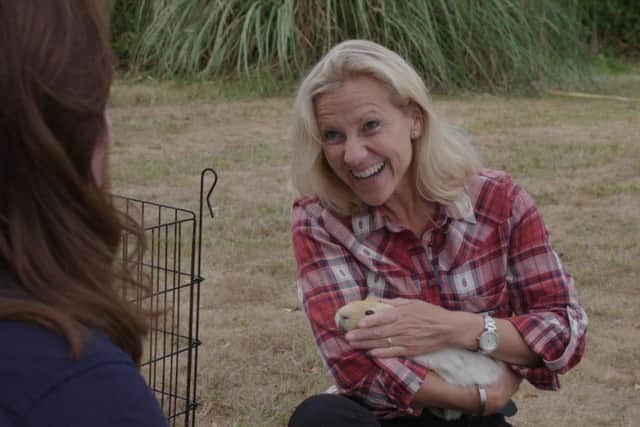

Advertisement
Hide AdAdvertisement
Hide AdShe graduated in 2006 and since then has been working as a clinical animal behaviourist based in North Yorkshire.
“I have been building up my practise over the last 12 years working throughout Yorkshire,” says Caroline who has a host of rescue animals at home.
Then last year she was approached by a production company about being part of a new series helping people with their problem pets.
“They already had a dog behaviourist, but they wanted someone who worked with cats and other animals and that’s where I came in.” And so last summer Caroline became part of the Embarrassing Pets team which is currently being broadcast on weekdays on Channel 4. And her knowledge was really put to the test as she tried to help all manner of animals, from Gus the guinea pig who wouldn’t bond with his brothers, to possessive parrots, ducks and even a sheep.
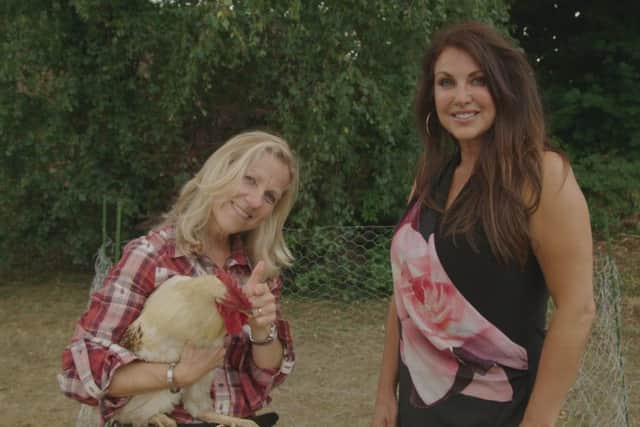

Advertisement
Hide AdAdvertisement
Hide Ad“What you see on the programme is very much how we had to deal with people’s problem pets,” says Caroline,.
“We really didn’t have very long at all to assess them and then try to come up with a solution. Sometimes there is a quick fix but more often it takes a lot longer.
“You look at the their behaviour and see whether it is the type of behaviour they would be demonstrating in the wild. You don’t see a duck and a sheep every day but the same principles apply. It is about trying to find out how you can modify their behaviour.
“When you can help people it feels really good and can be really quite emotional.”
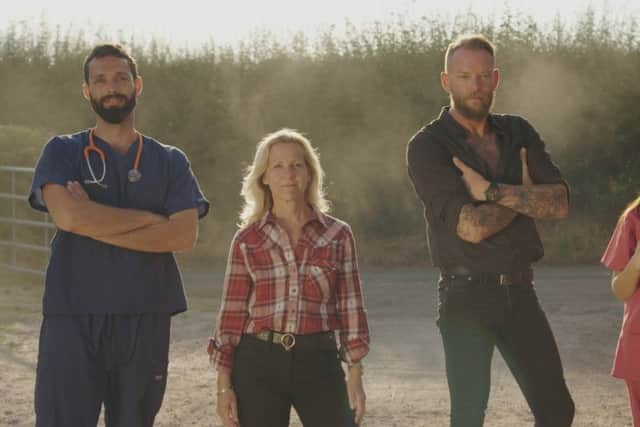

Advertisement
Hide AdAdvertisement
Hide AdCaroline recalls the case of a small dog called Kitch who developed obsessive compulsive behaviour after the death of his owner.
“He started to lick furniture obsessively and his behaviour was distressing the family who were already upset at the loss of a loved one. “The atmosphere in the room was really tense and negative. I used some quick techniques to distract and change the dog’s behaviour. Behaviour is like an onion – there are lots of layers to it. The family were so pleased and the atmosphere in the room immediately became more positive. It was so nice to be able to help the animal and the family.”
Caroline says people often forget that pets are actually wild animals and that often it is the owners that need to understand the type of pet they have.
“We may have domesticated them but they will sometimes revert to type when responding to a trigger. We need to work out what the trigger is and make sure we remove that first. Environment is often a key thing and I will normally visit people in their homes to see what is going on and to try to understand why the animal is behaving in a particular way.
Advertisement
Hide AdAdvertisement
Hide Ad“People say you can’t teach an old dog new tricks, but you can.”
She had a case of a cockerel who would constantly attack his owner when she tried to put feed in the pen with him and the chicken.
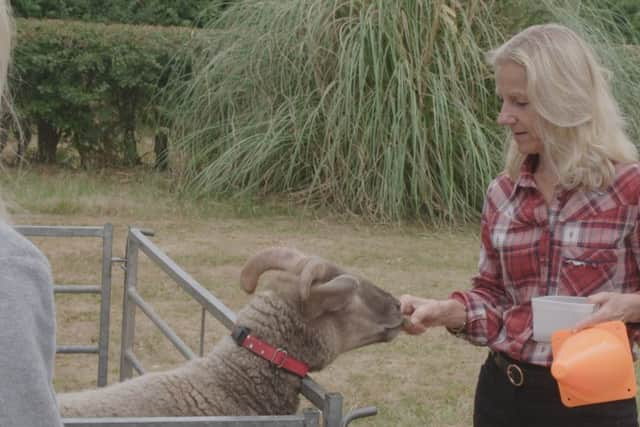

“It was clear to me quite quickly that all he was doing was protecting his girls. Once the owner realised this she changed her entire perception towards him and his behaviour.”
Parrots are another of Caroline’s area of expertise.
“Whereas dogs and cats have been domesticated for many generations, parrots are very rarely more than one generation living in captivity and people need to understand that before they decide to have one as a pet.” In fact Caroline says anyone considering getting any animal as a pet should research how they might behave in the wild before taking them on.
Advertisement
Hide AdAdvertisement
Hide AdAnother of her passions is animal first aid and she runs a number of courses which could help owners ultimately save their pet’s life.
“We all know about St John’s Ambulance for people, but there isn’t much out there for animals.”
Caroline runs courses not only for other veterinary nurses, but for owners as well.
“Dog walkers are probably my biggest clients. If they are out walking their dog and they get bitten by an adder then it really helps if they know what to do. The same goes for stings and animals involved in road traffic accidents.
Advertisement
Hide AdAdvertisement
Hide Ad“I always stress it is not a replacement for visiting your vet but there are times when it can be very useful to know what to do if something happens to your pet – it is all about giving people knowledge.”
For more on Caroline’s courses visit www.peteducationandtraining.co.uk
Following a successful pilot in August 2017 – Channel 4 commissioned Manchester-based Shiver North, to produce Embarrassing Pets, a brand new daytime series showcasing a host of interesting owners and their cherished pets which all have something in common – embarrassing behavioural or health issues. Embarrassing Pets follows a team of experts including dog behaviourist Leon Towers, animal behaviourist Caroline Clark and vets Deepti Sharma and Gavin McDonagh.
They encounter a variety of owners desperately seeking help with their characterful pets, and will help to fix their problems, while sharing honest and amusing views on each case that presents itself.
Advertisement
Hide AdAdvertisement
Hide AdThe series features a range of cases – from pungent pugs to diva ducks, angry alpacas to petulant parrots, no case is off limits at the practice that brings to life the extraordinary bond that exists between pets and their owners.
Embarrassing Pets is on weekdays on Channel 4 at 5.30pm.